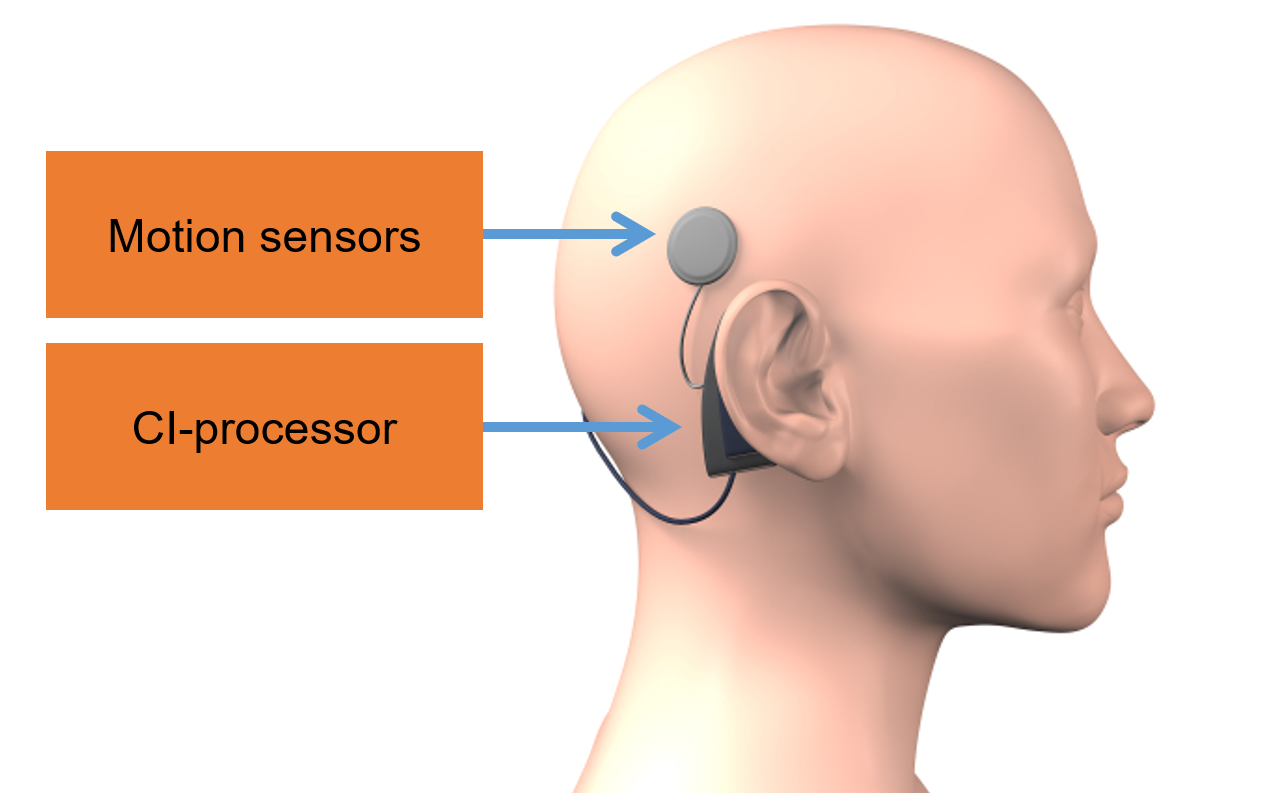Hearing and Balance
Crossroad
Research theme: Neuromodulation
Clinical pillar: Hearing and Balance
Also involves other crossroads:
Crossroad Rehabilitation and Prevention - Hearing and Balance
The Maastricht University Medical Centre+ Department of Otorhinolaryngology and Head & Neck Surgery, in a very strong cooperation with the University of Geneva, aims at developing an artificial balance organ: the Vestibular Implant. In addition to clinical studies with the vestibular implant, it also involves extensive studies for optimizing the device (e.g. electrode design), development of relevant outcome measures and characterizing the target populations (for this device). These projects involve strong collaborations with multiple tertiary reference centers. A strong translational tinnitus research line aims to develop an effective neuromodulative treatment for persons suffering from tinnitus. To this aim, pre-clinical animal models, post-mortem brain tissue and persons suffering from tinnitus are investigated. We use high field resolution imaging, (invasive) electrophysiological recording techniques and deep brain stimulation (DBS). Recently the first in human study to alleviate tinnitus is launched, which investigates the safety and efficacy of deep brain stimulation of the auditory thalamus (medial geniculate body, MGB) in persons suffering from tinnitus.
Unique contributions and highlights
The team of Maastricht University and the University of Geneva was the first in the world to implant a fully functional vestibular implant in humans. It has the largest patient population with a vestibular implant and this number will increase the upcoming years. It showed the feasibility of a clinically useful vestibular implant and this team currently optimises safety and efficacy of the implant. New outcome measures and implantation criteria for research have been established.

Image: Outside view of the vestibular implant. (CI-processor = Cochlear Implant processor)
This research line is a collaborative effort, which involves the departments of Otorhinolaryngology and Head & Neck Surgery, Audiology, Neurosurgery and Clinical Neurophysiology of the MUMC+, as well as basic and cognitive neuroscientists from MHeNs and the Faculty of Psychology and Neuroscience. Also a strong collaboration with the department of Otorhinolaryngology of the Zuyderland hospital is in place.


Involved staff in this crossroad
- Raymond van de Berg
- Bernd Kremer
- Erwin George
- Herman Kingma
- Mark Janssen
Departments:
